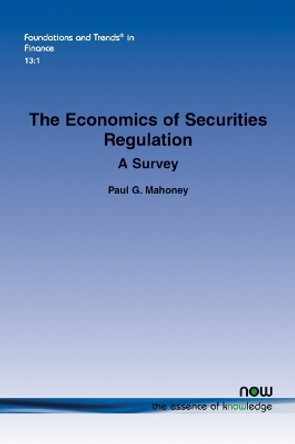Description
The Supreme Court's decision declared unconstitutional a New York State law limiting bakery workers to no more than ten hours per day or sixty hours per week. By evoking its "police power," the state hoped to eliminate the employers' abuse of these workers. But the 5-4 majority opinion, authored by Justice Rufus Peckham and renounced by Justice Oliver Wendell Holmes, cited the state's violation of due process and the "right of contract between employers and employees," which the majority believed was protected by the Fourteenth Amendment.
Critics jumped on the decision as an example of conservative judicial activism promoting laissez-faire capitalism at the expense of progressive reform. As series editors Peter Hoffer and N.E.H. Hull note in their preface, "the case also raised a host of significant questions regarding the impetus of state legislatures to enter the workplace and regulate hours, wages, and working conditions; of the role of courts as monitors of the constitutionality of state regulation of the economy; and of the place of economic and moral theories in judicial thinking."
Kens, however, reminds us that these hotly contested ideas and principles emerged from a very real human drama involving workers, owners, legislators, lawyers, and judges. Within the crucible of an industrializing America, their story reflected the fierce competition between two powerful ideologies.
About the Author
Paul Kens is associate professor of political science and history at Southwest Texas State University and the author of Justice Stephen Field: Shaping Liberty from the Gold Rush to the Gilded Age and Judicial Power and Reform Politics: The Anatomy of Lochner v. New York, on which this book is based. In 1996 the Supreme Court Historical Society awarded him the Hughes-Gossett Award for Historical Excellence for the best article published in its journal.
Reviews
"This is a welcome contribution. Kens places the Lochner decision firmly within its historical context and uses it as a window to an age. In the course of his narrative, Kens introduces the reader to an array of subjects including the noisome conditions in New York's tenement bakeries, Progressive reformers and Tammany Hall politics; nineteenth-century intellectual, economic, and labor history; and the lives and personalities of important jurists and lawyers."
-Law and History Review
Book Information
ISBN 9780700609192
Author Paul Kens
Format Paperback
Page Count 192
Imprint University Press of Kansas
Publisher University Press of Kansas
Weight(grams) 283g
Dimensions(mm) 214mm * 139mm * 16mm





